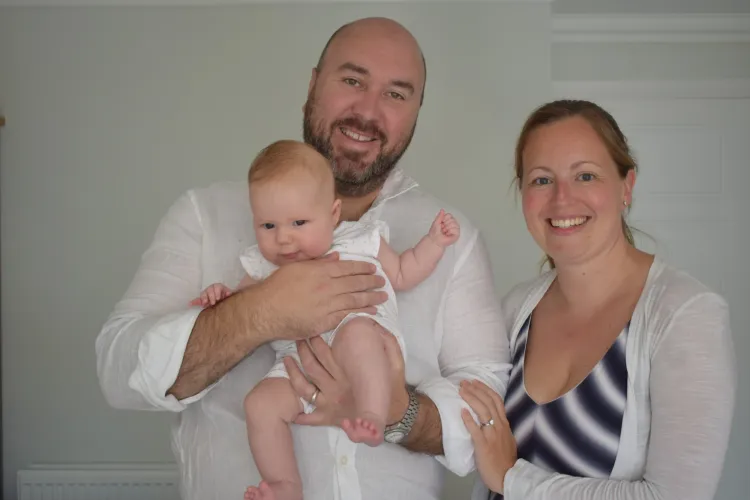How Did a New Immunotherapy Drug Help a 43-Year-Old UK Man Overcome a Deadly Brain Tumor?

Synopsis
Key Takeaways
- Ben Trotman is the first patient globally to receive the ipilimumab immunotherapy drug.
- The treatment was administered before traditional therapies to maximize immune response.
- After more than two years, no active tumor was detected in Trotman's scans.
- This case demonstrates the potential of immunotherapy in treating aggressive cancers.
- Continued research and clinical trials are essential for developing innovative cancer treatments.
New Delhi, July 22 (NationPress) A 43-year-old man from the UK has been declared free from a deadly glioblastoma -- the most aggressive and prevalent type of primary brain tumor -- following treatment with a new immunotherapy drug. Ben Trotman was diagnosed with glioblastoma at the age of 40.
He became the world’s first participant in a pioneering clinical trial of the immunotherapy drug ipilimumab at University College London Hospitals (UCLH).
Trotman received ipilimumab before undergoing standard treatments, capitalizing on the strength of his immune system.
After this treatment, he went through the standard regimen of surgery, radiotherapy, and chemotherapy.
More than two and a half years post-treatment, “Trotman is thriving, with no active tumor visible on scans,” stated the university.
“It is highly uncommon to have a clear scan with glioblastoma, particularly since he did not have the follow-up surgery initially planned to eliminate the tumor that was clearly visible on scans. We’re hopeful that the immunotherapy alongside subsequent treatments will keep his tumor under control, and it has done so far, which is fantastic news,” remarked Dr. Paul Mulholland, consultant medical oncologist at UCLH and leader of the trial.
“The pivotal aspect of this trial is that patients receive an immune system boost from the drug prior to any other treatment, when they are fit and well enough to endure the immunotherapy,” he added.
Glioblastoma poses a significant threat as the most aggressive form of brain cancer, typically associated with a poor prognosis. Most patients only survive around nine months post-diagnosis.
“I participated in a clinical trial, so the future remains uncertain. I am thrilled that this new trial, utilizing the same immunotherapy drug I received, is progressing, providing others with the chance to participate. It offers hope to those newly diagnosed with glioblastoma,” Trotman expressed.










